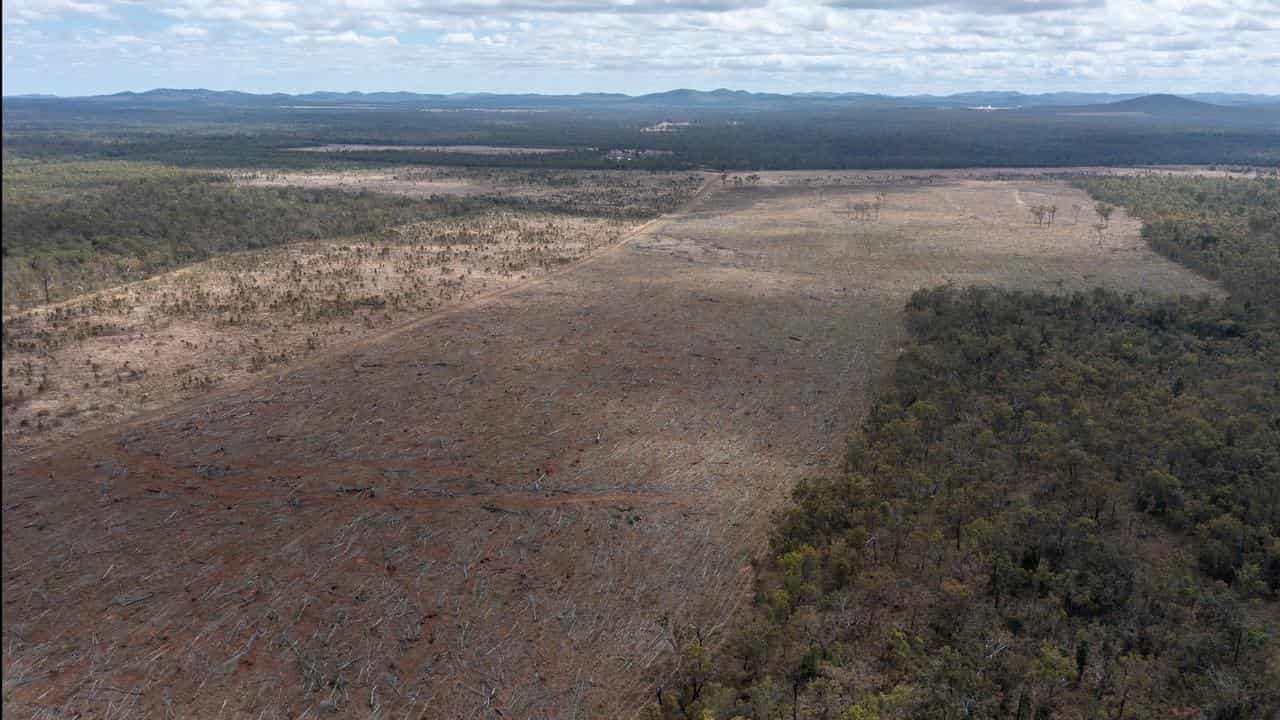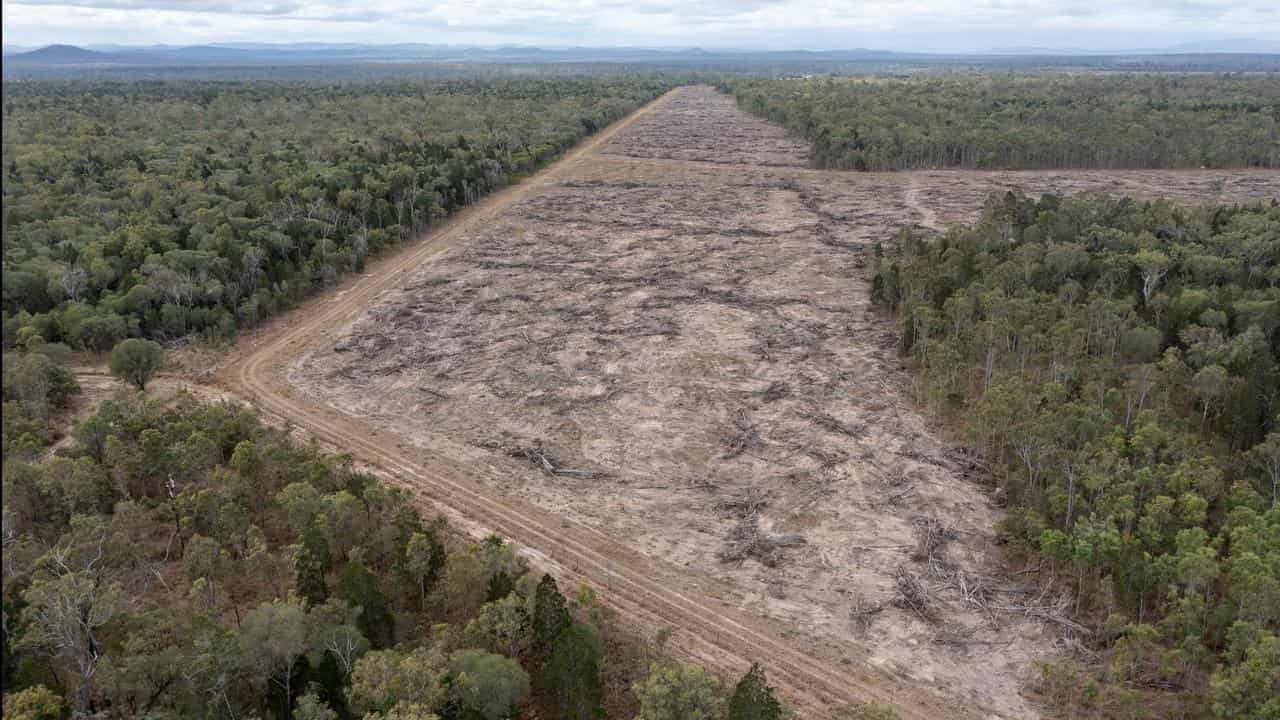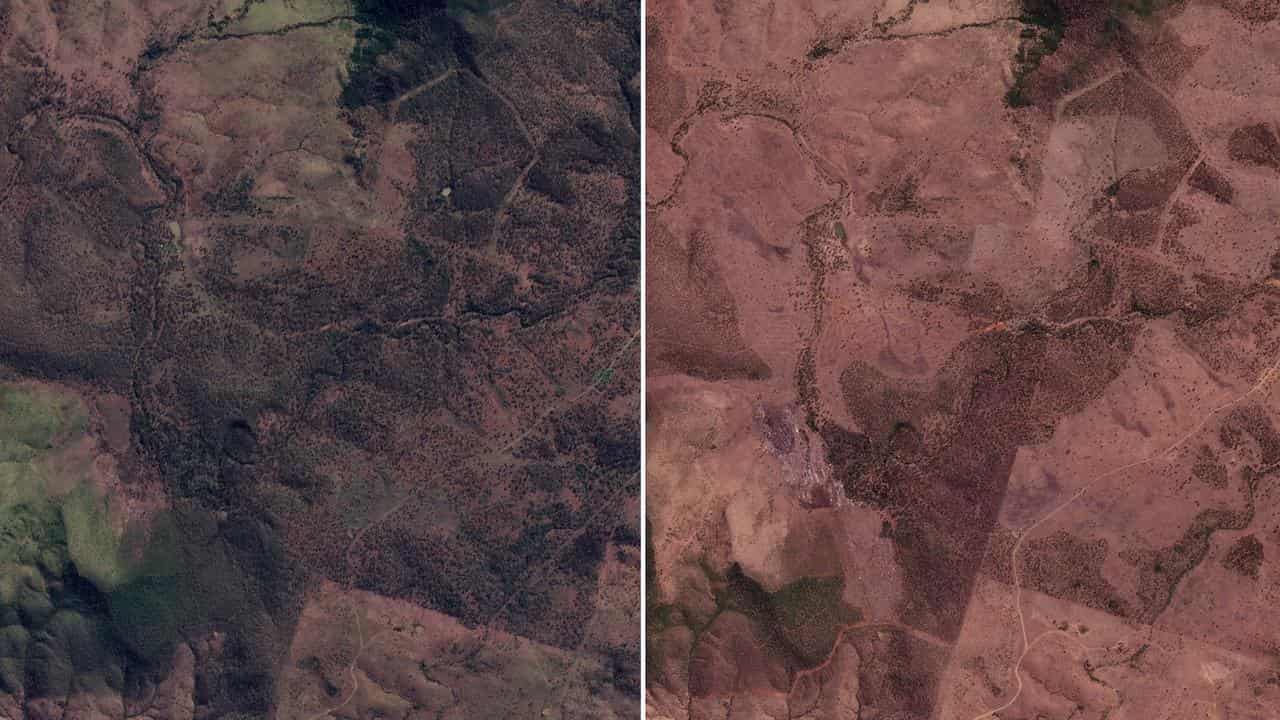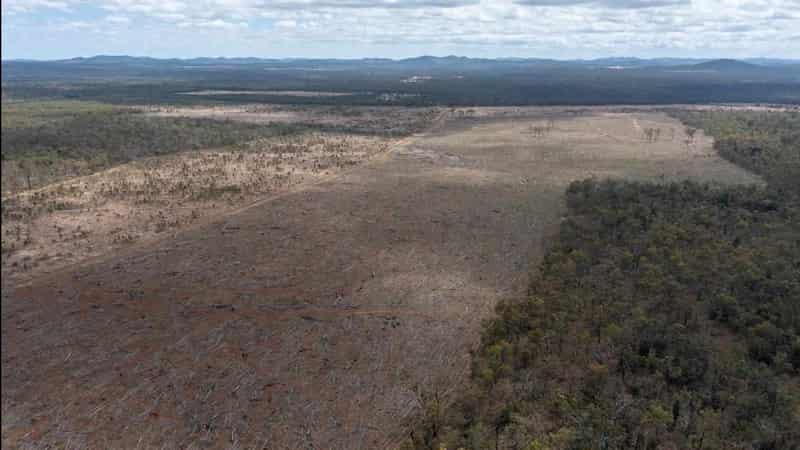
Some of Australia’s biggest beef buyers are failing to adequately address deforestation in their supply chains, according to Greenpeace.
The conservation group has produced a report card that examines 10 of Australia’s top retailers and beef processors and how they stack up in becoming deforestation-free by 2025.
From January, the European Union will ban imports from companies unless they can prove the products don't originate from recently deforested land.

All 10 companies scrutinised by Greenpeace failed the scorecard, with fast food outlet Hungry Jack's and supermarket giant Coles among the worst performers.
McDonald's also failed the test but said it was committed to eliminating deforestation by 2030.
"This commitment applies to all commodities and every region we source from, including regions across Australia," a spokesperson said.
Food manufacturer ComGroup scored the lowest on the report card, while Woolworths, ALDI and IGA also failed the Greenpeace test.
"No company scored above 50 per cent and some scored nothing," Greenpeace's Gemma Plesman told AAP.
"None of the companies we scored have a plan to implement a deforestation-free commitment."
Coles, which operates more than 800 supermarkets across Australia and accounts for about 16 per cent of domestic beef sales, was one of the poorest performers of the grocery chains.
But the company said the result did not reflect the importance it places on deforestation.
"We have a number of programs in place across a variety of Own Brand supply chains, which help to mitigate deforestation," a spokesperson said.
Woolworths, which accounts for seven per cent of Australian beef, says it's not aware of any deforestation claims made by the conservation group about beef producers it works with.
“We are committed to sourcing beef sustainably in partnership with our farmers and suppliers," a spokesperson said.
Hungry Jack’s, which operates more than 440 restaurants Australia-wide and claims to sell 125 million beef patties a year, did not respond to a request for comment.
Cattle producers last week called for the EU to change what it defines as deforestation and backed a plea by the Albanese government to defer its legislation.

"Their definition does not suit the way we use agricultural land, particularly in grazing in the cattle industry," Cattle Australia head Chris Parker said.
The beef industry denies deforestation is widespread, but last week's update on sustainability performance failed to give detailed information.
In Queensland, which is widely regarded as having the best data available, the government found 350,000 hectares of woody vegetation was cleared in 2020/21.
Almost 90 per cent of that was attributed to cattle and sheep graziers.
Greenpeace also released new pictures of land clearing at a cattle property at Mount Garnet in Queensland.
The pictures were taken in 2023 with a drone, but the group will not name the property as it says the issue is about corporate responsibility and deforestation in the supply chain.
Greenpeace said the scorecard shows Australia’s big beef purchasers were not doing enough to address the destruction of forests in their supply chains.
"We really need (the companies) to be able to geo-locate the risk of deforestation down to a property level, which is what is going to be expected of these companies at an international level."
Each company was scored out of 10, with five points each for the strength of the commitment and implementation efforts.
"We know in the last five years that we have data for, over 660,000 hectares of mapped koala habitat was bulldozed just for beef production," Ms Plesman said.
"These are companies that profit from selling beef. It's highly likely they have deforestation in their supply chain, and are not able to tell their customers if they do or do not."
The three remaining companies named in the report were JBS, Tyson and Teys.
Each firm has been contacted for comment.









